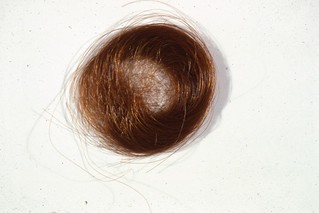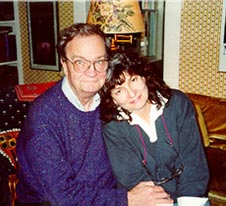We all run.
Babies can't wait to stand and walk because they really want to run. That is running for the joy of running, but people run for other reasons and in other ways. We run toward things and people. Sometimes we run away.
A Baby Running Barefoot by D. H. Lawrence
When the bare feet of the baby beat across the grass
The little white feet nod like white flowers in the wind,
They poise and run like ripples lapping across the water;
And the sight of their white play among the grass

Is like a little robin’s song, winsome,
Or as two white butterflies settle in the cup of one flower
For a moment, then away with a flutter of wings.
I long for the baby to wander hither to me
Like a wind-shadow wandering over the water,
So that she can stand on my knee
With her little bare feet in my hands,
Cool like syringa buds,
Firm and silken like pink young peony flowers.
We think of D.H. Lawrence as a novelist but his first-published works were poems and he continued to write poems throughout his life. This innocent poem is not what we typically associate with Lawrence's writing but it captures the youth joy of running.
Not all running is done by humans. Edward Baugh's poem "
Running River Water" is an example of that use, though in his poem there is a "deep river woman."
As our model poem for
this month's writing prompt on the Poets Online website, we are using
Afaa Michael Weaver's poem "
Losing the 440-Yard Dash." In that poem, the runner wants the joy of that child. He wants to fly, not as a child but as a man - no, as a warrior.
I wanted more than being human, a warrior
of field and track would be bursting out now
ripping open my chest with masculinity
to make Jesse Owens proud or jealous,
or inspired or something other than me
the pulling-up caboose slower than mud
Running holds the possibilities of joy and fear. For your poem, someone might be running toward or away, or for some other goal. Or it may not be a person that is doing the running at all.
Deadline for
submissions to this prompt is Wednesday, October 4, 2017.








